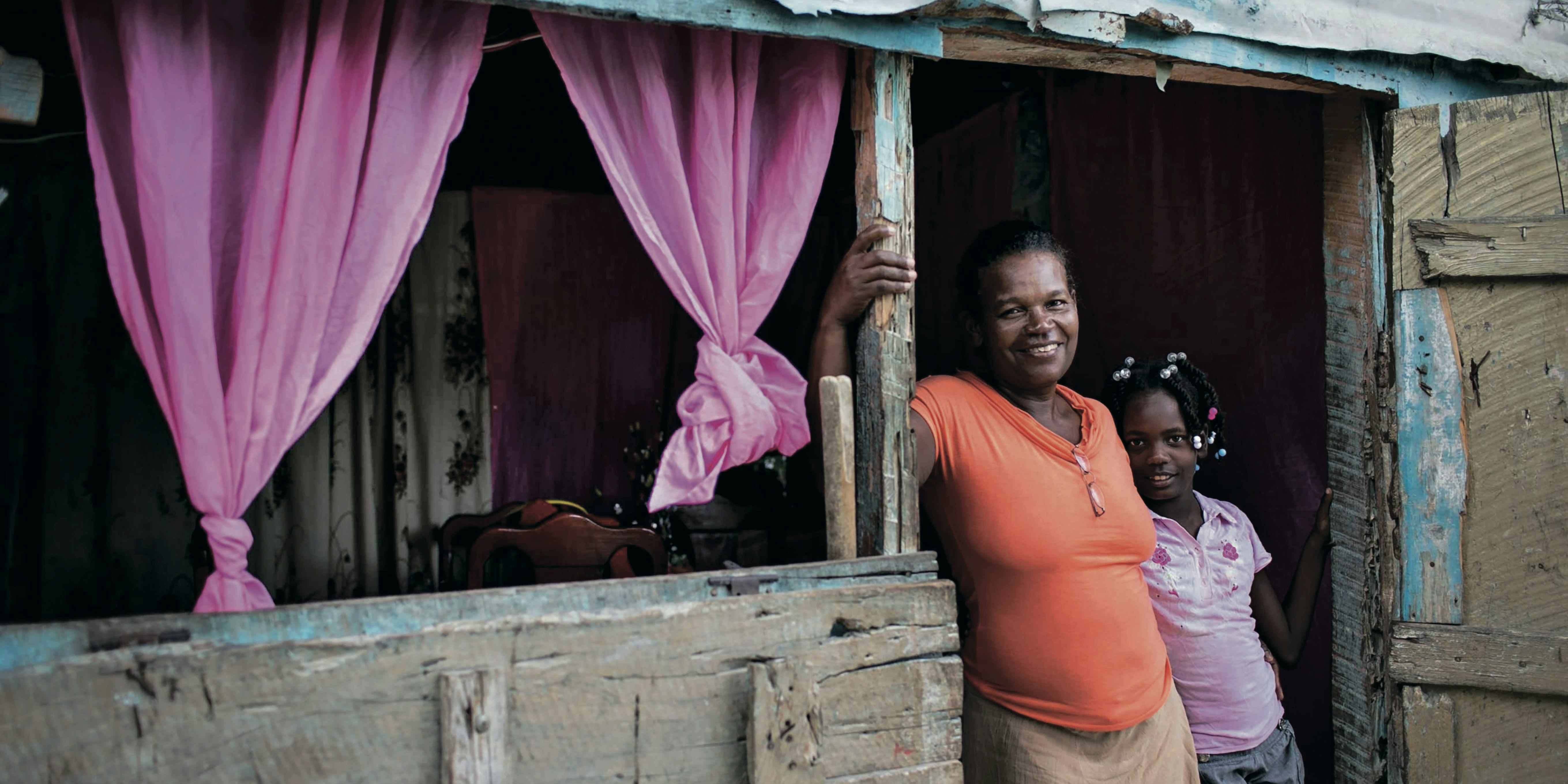Learn about the human rights challenges Haitian-Dominicans face in the Dominican Republic. Work side-by-side with villagers in sugar cane communities where many families of Haitian descent live. Tackle much-needed infrastructure projects side by side with local residents.
Enjoy Afro-Caribbean music, dance and cuisine. After your service, kick back on the white sand beaches in Bayahibe, enjoy a catamaran tour of Isla Saona and go snorkeling. Explore the Colonial Zone in the capital and get immersed in the local lifestyle. By the program’s end, you’ll have a firmer grasp of how socio-political issues affect migrant communities and gain a deep appreciation for the warm Afro-Caribbean culture and its people.
While they may lack many of the physical possessions we deem necessary in our day-to-day lives, the people in the Bateyes were genuinely happy to simply be in the presence of loved ones and strangers alike.
-
-
Country:
-
-
-
Department:
- School Group Travel
-
-
-
Duration:
- 8 Days
-
-
-
Starting From:
- $2,695 plus Airfare
-
-
-
Service Hours:
- 18
-
-
-
Interests:
-
-
-
Program Types:
-
-
-
Service Types:
-
Need something different? Click to start customizing!


